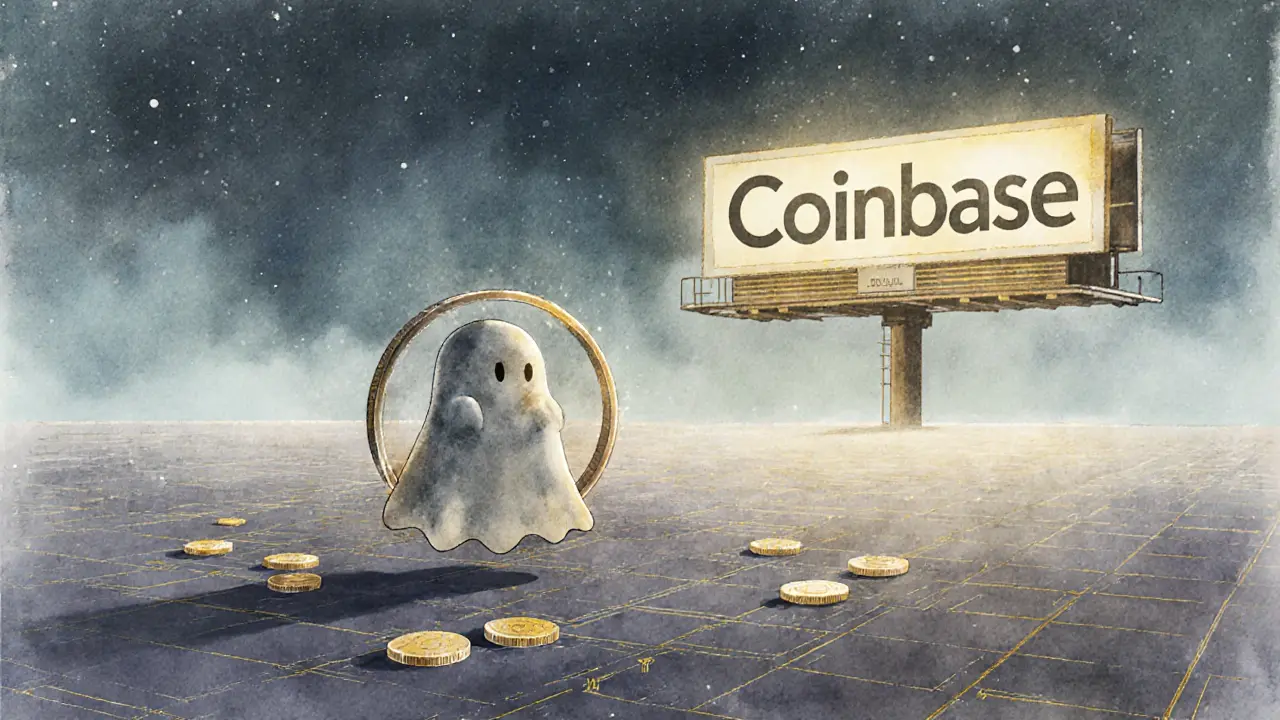ICOBID: What It Is, Why It Matters, and What You Need to Know
When you hear ICOBID, a platform that surfaced in the early 2020s as a hub for token launches and crypto airdrops. Also known as ICOBID.io, it was once promoted as a gateway to early access to new blockchain projects. But today, it’s mostly a ghost town — with few active listings, no verified team, and a trail of abandoned token campaigns. Most users who signed up for ICOBID airdrops ended up with worthless tokens, locked wallets, or outright scams.
ICOBID didn’t create coins. It listed them. And that’s the problem. It acted like a bulletin board for projects that had no real product, no liquidity, and no roadmap. Think of it like a flea market where everyone’s selling fake watches — except here, people are trading crypto tokens with names like KITTI, SKBDI, or RM, all tied to memes, YouTube trends, or nothing at all. These are the same tokens you’ll find in posts about Solana meme coins, fake airdrops, and zero-utility ERC-20s. ICOBID didn’t vet them. It just posted them. And when the hype faded, so did the platform.
Behind ICOBID lies a bigger pattern: the rise of crypto airdrops, free token distributions meant to bootstrap community adoption. But most of these aren’t giveaways — they’re marketing traps. Projects use airdrops to create fake demand, pump prices for a few days, then vanish. You’ll see this in posts about DeFiHorse, FIWA, and EPICHERO — all labeled as "airdrops" but delivering nothing but confusion. Meanwhile, blockchain fundraising, the process of raising capital through token sales has shifted. Legit projects now go through regulated exchanges, KYC-compliant launchpads, or private sales. ICOBID’s model? No KYC. No audits. No accountability. Just a website and a Twitter account.
What’s left of ICOBID today? A cautionary tale. It’s not a platform you should trust. It’s not a tool. It’s not even a brand anymore. It’s a reminder that if a crypto project sounds too easy — free tokens, no work, instant gains — it’s almost always a setup. The posts below show you exactly how this plays out: tokens with no liquidity, exchanges with no licenses, airdrops with no winners. You’ll read about NMX, KITTI, and CADAI — all tokens that once appeared on sites like ICOBID, and all now worth pennies or less. You’ll also find real stories: how people lost money in the Philippines, how Namibia bans ICOs, how Nigeria uses crypto despite bans. These aren’t random. They’re connected. And they all point to one truth: if you don’t understand the project behind the token, you’re not investing. You’re gambling.
What follows isn’t a list of opportunities. It’s a list of warnings. Each post cuts through the noise to show you what’s real, what’s fake, and what you should avoid. No fluff. No hype. Just facts.
What is ICOBID (ICOB) crypto coin? The truth behind a dead token with zero circulation
ICOBID (ICOB) has zero circulating supply and no active blockchain, making it a non-functional token despite being listed on Coinbase. Learn why it's not a real cryptocurrency and why you should avoid it.
